We were mostly talking about Sir Francis Drake, as well as the wider geopolitical context of the Elizabethan era, but I did my best to get some Black Tudors stories in there. Besides Diego, who brokered Drake's alliance with the Panama Maroons in 1573 and sailed (but sadly died) on his circumnavigation voyage 1577-1580; Maria, the woman he captured from the Spanish but then abandoned heavily pregnant on an Indonesian island; and the other Africans that sailed with him, there were also a number of other Africans living in Elizabethan Plymouth, whose baptisms and burials are listed in the registers of St. Andrew's Church, which it was exciting to set foot in for the first time! (You can read all about them in Chapter 3 of Black Tudors, and the recently added entry on Diego in the Oxford Dictionary of National Biography).
We filmed at the Royal Citadel, which is on the site of an earlier fort built by Drake in the 1590s, where it was a challenge to try to summarise the challenges facing Elizabeth I when she came to the throne in 1558 in less than a minute, on a very windy and wet citadel wall (lucky I wore my raincoat and wellies). The next day, we headed to Buckland Abbey, near Yelverton, about 20 mins drive north of the city, which Drake purchased in 1581, having stolen a fortune from the Spanish on his voyage round the world.
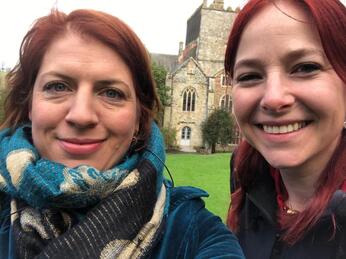
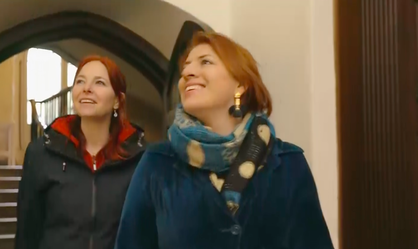

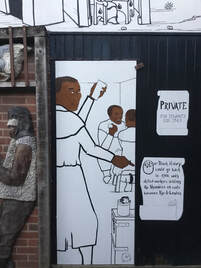


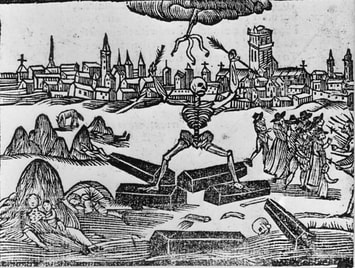

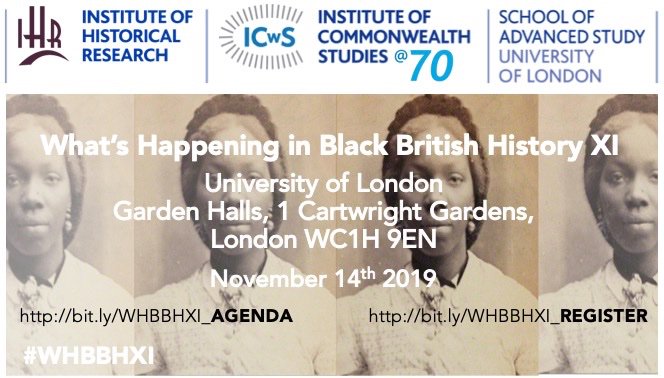
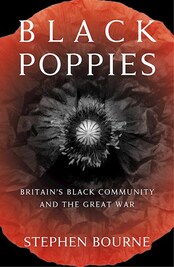
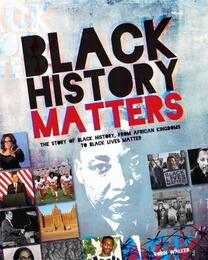

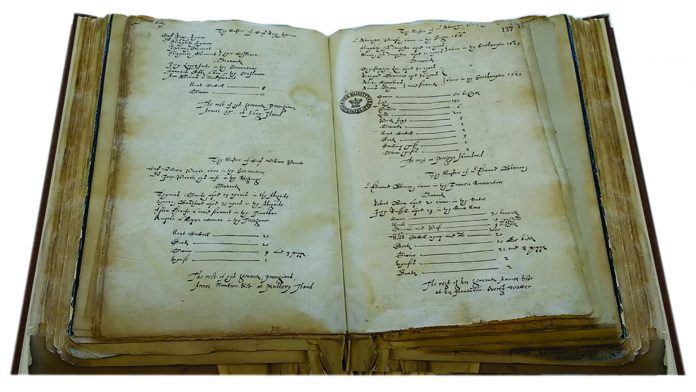
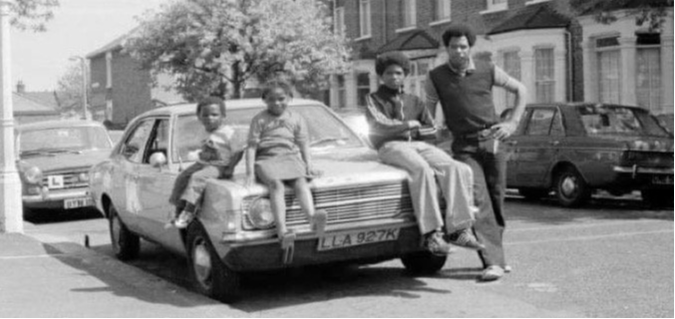
 RSS Feed
RSS Feed
